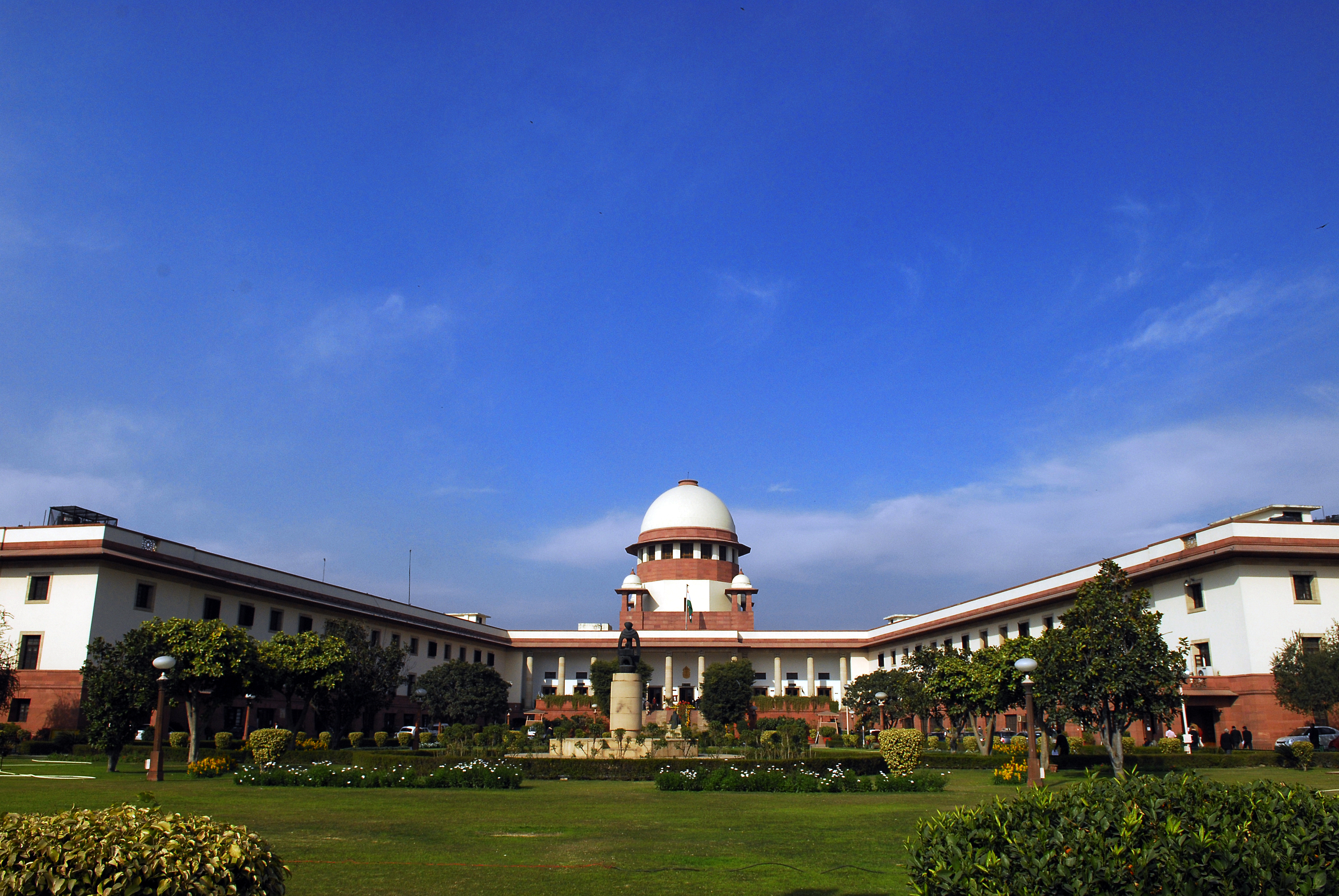The verdict is out! The Supreme Court of India today ruled in favour of the Aadhaar Act, but set hard limits on where and when the Unique Identification Number is mandatory. In its judgement, the five-bench panel with a score of 4:1 ruled that Aadhaar should be linked to citizens’ PAN cards and is mandatory for filing income tax returns, but was not required to be linked to bank accounts or mobile phone numbers.
A five-judge bench, headed by Chief Justice of India Dipak Misra, Justice AK Sikri, AM Khanwilkar, DY Chandrachud and Ashok Bhushan, ruled that Aadhaar will stay, but with conditions. It also took note of the dilemma faced by Non-Resident Indians (NRIs).
The verdict on the case was reserved by a constitutional bench earlier this year. Justice Sikri read out the majority verdict. Aadhaar is constitutionally fair and gives “dignity to the marginalised”, ruled the court, delivering its verdict on a batch of petitions against the unique identification project.
But the top court ruled that the order to link all mobile phone connections to Aadhaar was ‘unconstitutional’. The court also held that there was no need to link bank accounts with the unique identification number.
“There is a legitimate goal and requirement to have the Aadhaar law,” said the bench comprising the court’s senior-most judges, who had in marathon hearings spread across four months heard over 30 petitions against the Aadhaar Act and the Centre’s defence of the controversial law.
The judgement also briefly touched upon the plight of NRIs under the Aadhaar rule. “It has also been argued before us in an intervention application that denial of Aadhaar to Non-Resident Indians leads to discrimination when NRIs seek to avail of basic services in India,” the judgement read, but did not provide any additional relief beyond the UIDAI’s consistent policy that Aadhaar is not mandatory for NRIs.
Advocate NS Nappinai had in the March hearing voiced the concerns of the NRIs and their inability to obtain Aadhaar. “There is no rule of law so far as the NRIs are concerned…one such individual had to quote an acquaintance’s Aadhaar number to obtain a telephone connection,” he had said.
On the flip side, calling Aadhaar as a fraud on the Constitution, Supreme Court Justice DY Chandrachud, in his dissenting judgment said the government could not have passed the Aadhaar Act as a money bill.
Justice Chandrachud, the sole dissenting judge of the five-judge bench that decided the validity of Aadhaar, said the unique identification program violates essential norms of privacy and data protection.
“Violation of fundamental rights under the Aadhaar scheme fails on the touchstone of tests of proportionality,” said Chandrachud giving his reasons to differ with the majority view.
Expressing his concern with safeguards provided in the Aadhaar Act, justice Chandrachud said the act gives discretionary power to Unique Identification Authority of India (UIDAI), the body that governs Aadhaar.
The main thrust of the case brought by petitioners was that Aadhaar encroached on the privacy of citizens because it entailed collection of fingerprints, iris scans and other details of citizens with/without their consent.
The government has rejected criticism of Aadhaar, the 12-digit Unique Identification Number that’s now compulsory for linking of bank accounts, mobile phone numbers, and filing income tax returns, saying it ensures misuses of social welfare benefits and counters black money and money laundering.
The Supreme Court in August 2017 ruled individual privacy is a “guaranteed fundamental right” in the Constitution, giving hope to critics who contend that Aadhaar helps government spy on people by “tethering every resident of India to an electronic leash.”
The Supreme Court in March 2018 expressed concern over the potential misuse of Aadhaar authentication data, commenting after a four-hour PowerPoint presentation by the UIDAI chairman.
In April 2018, the court questioned the Department of Telecommunications for using an ostensible court directive as an excuse to order the linking of mobile phone numbers to Aadhaar unique identity numbers.



